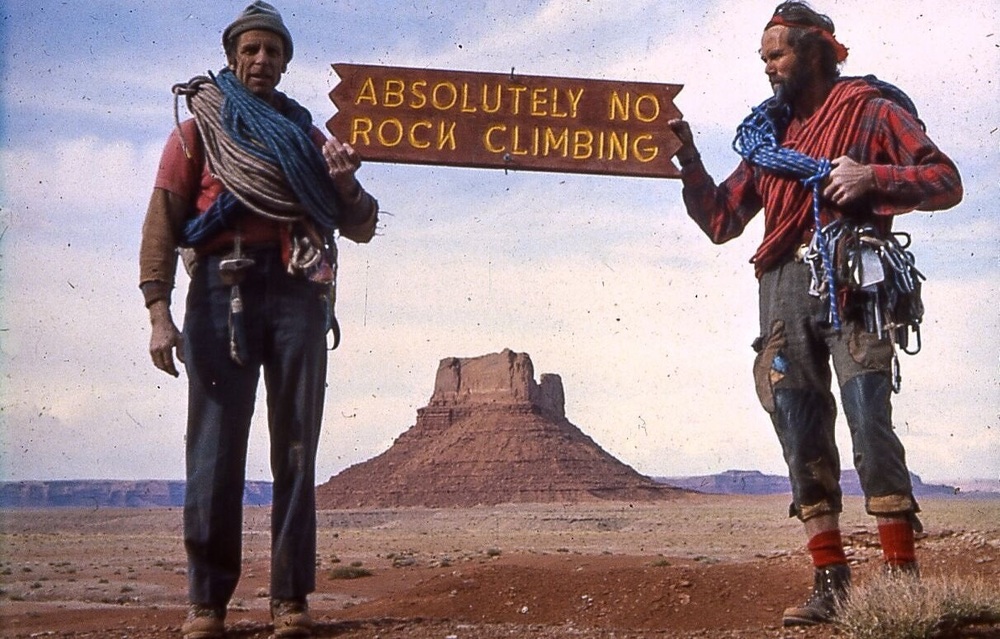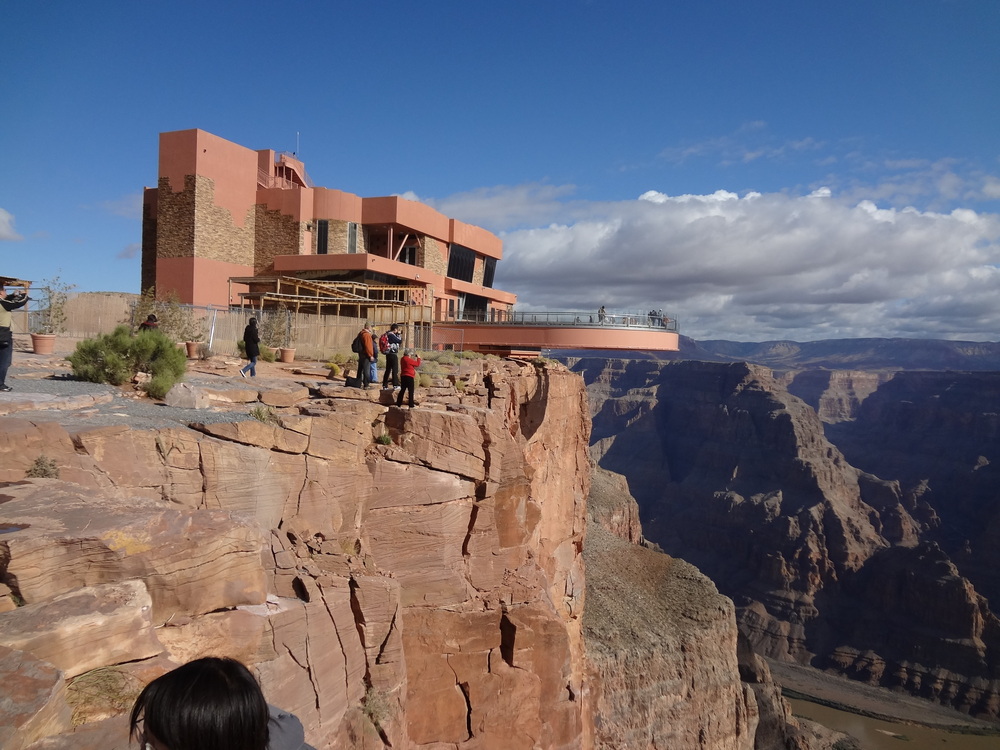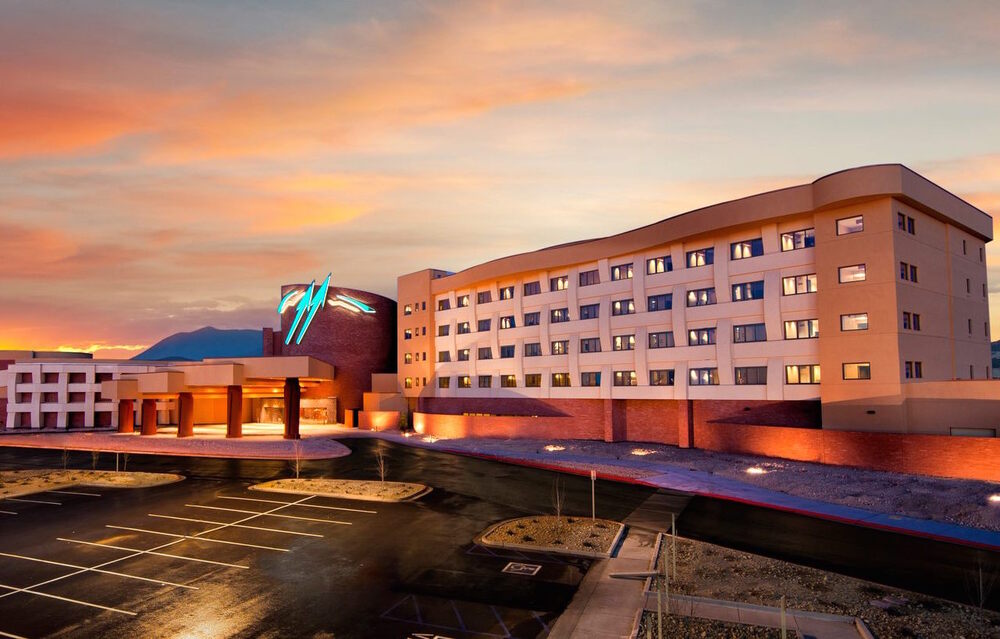Rock Climbing on Indigenous Land
|
|
Hello! My name is Chloe and I am an undergraduate student at the University of Idaho studying anthropology. I am conducting a research project aiming to explore how outdoor rock climbers, who are apart of and not apart of Native American communities, approach being respectful and ethical recreators on Indigenous land.
If you climb outdoors, I would love to hear your opinion. As a climber myself, I feel passionately about changing the way we rock climb on Indigenous land to create a more positive, inclusive, and knowledgeable relationship between climbers and tribes.
Linked is a short survey asking about your relationship with climbing outdoors. The survey asks how often you participate in certain climbing practices such as giving Indigenous land acknowledgement when outdoors. It will also ask what your level of agreement is with various statements regarding how you recreate responsibly. You do not have to answer questions that might make you uncomfortable, and you can stop at any time. If you have any questions, please ask! This survey is for undergraduate research. It will not be publicly published, and is completely anonymous. https://uidaho.co1.qualtrics.com/jfe/form/SV_aaZ1vRdUr4S1mSO |
|
|
This is a well written survey. |
|
|
suggestion to incorporate questions amenable to participant experiences that are within or adjacent to AIFN communities in a direct capacity, or have that history—i wasn’t able to adequately complete the survey. fantastic topic & near to my heart. |
|
|
"apart" adverb
|
|
|
Kai Larsonwrote: Is that the whole definition or just a part of it? |
|
|
This is the type of work that gets climbers banned from climbing areas...yikes. |
|
|
The survey intends to use your race and gender as an indicator of whether you respect native land. Why isn't this conversation focused around Las Angeles or Boulder/Flatirons? Where a lot more people live on "stolen" land? |
|
|
grug gwrote: No it's not. Hush troll. |
|
|
grug gwrote: Not it doesn't. Hush troll. |
|
|
Don Frijoles wrote: I think you may need to point out to this fella that that includes the land between sea and other shining sea, and also between north cold area and south cold area if you are coming to the americas from a european, asian, or african origin. |
|
|
Don Frijoles wrote: I see no reason for the climbing community to show any responsibility for "Native Lands." Other than with regard to reservations, I really don't care at all what the opinions are of any tribal leaders regarding climbing, or what the purported names for climbing areas are in indigenous languages. |
|
|
|
|
|
Ignorant MP comment of the month |
|
|
Kai Larsonwrote: they’re not “purported” names—they’re names, period. i won’t address the rest of your comment. |
|
|
Don Frijoles wrote: “Rightful owners“ ?? |
|
|
What is a "steward of the land?" What does that mean, exactly? |
|
|
Cherokee Nuneswrote: stewardship is a term in conservation for land management & maintenance (with the goal of preservation of local ecosystem/LNT). this can look like trail maintenance, litter control, debris cleanup from storms & natural disasters, so on |
|
|
Cherokee Nuneswrote: This is what climbing "stewardship" means when administered by tribal leaders. |
|
|
The question is why is it so important to recognize who came first, besides Abbot and Costello to the land you climb on? It's fine to know what tribe lived where for a historical reference but the rest of the demand for recognition and honor wears thin real quick. The native tribes were hardly the peace. love and happiness and everything is sacred when they were slave holders and raiders and protective of their area and took over other tribes areas in less than peaceful mergers. |
|
|
Erroll Mwrote: Or it can look like this: |
|
|
I have native American blood on both sides of my family, resulting in me being almost half native. Our national parks put highways and buildings on indigenous lands and make visitors pay to see what our government stole from the natives (This is somehow okay). All the while we should feel guilty for climbing on BLM land where people once lived? The hidden truth is that the tribes who met the first white men also stole the land from other tribes, who stole it from more ancient tribes. What happened to the native Americans was a total tragedy; No denying that, but seriously what does acknowledging the "original" name of a landmark do to fix the problem? If you really want to help native Americans, teach them to climb, give them some of your gear, drive them to these places we are talking about. The appropriation of their landmark names does nothing to help them at all. I appreciate the OPs motives, but lets start talking about what we want from this conversation. If you want to just feel good about yourself, learn all the name that the previous inhabitants used. If you want to make a difference, go find the decedents of the previous inhabitants and connect with them. |

 Continue with onX Maps
Continue with onX Maps Sign in with Facebook
Sign in with Facebook


























